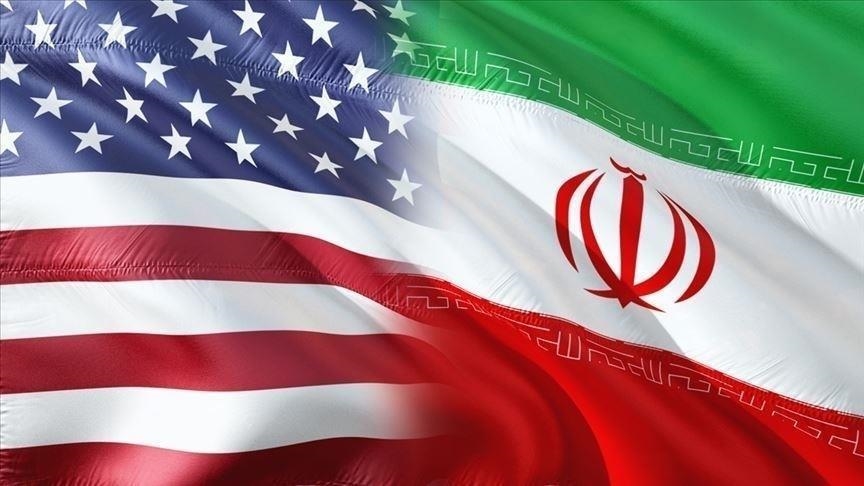Iran denies making new ‘extravagant demands’ in Doha talks
Iran, US held EU-mediated indirect talks in Doha to revive 2015 nuclear deal

TEHRAN, Iran
Iranian Foreign Minister Hossein Amir-Abdollahian on Wednesday rejected US claims that Tehran has made new “extravagant demands” during indirect talks in Doha to revive the 2015 nuclear deal.
Speaking during a joint press conference with his Qatari counterpart Mohammed bin Abdulrahman Al Thani in Tehran, Amir-Abdollahian said Iran’s demands were in line with the 2015 nuclear accord, stressing that Tehran was ready for a “good, strong and stable agreement.”
The top Iranian diplomat was responding to US special envoy for Iran Robert Malley’s comments on Tuesday in which he said Iran had added “new demands” during the Doha talks, without divulging more details.
The indirect talks between Iran and the US, mediated by the European Union (EU), were held in the Qatari capital last week after EU foreign policy chief Josep Borrell’s whirlwind trip to Tehran.
Borrell said his trip to Tehran had one important objective - to break the deadlock in the Vienna nuclear talks, reduce tensions and create fresh impetus and opportunity to put the stalled talks back on track.
The first round of the talks lasted just two days, without any significant progress. The negotiations are likely to resume after US President Joe Biden’s forthcoming trip to Middle East this month.
Amir-Abdollahian said one of the main issues that figured in the discussions in Doha was “effective guarantees” from the American side about Iran’s “economic benefits” from the deal.
He hastened to add that Washington has not been able to give Iran those guarantees.
The Iranian minister said Iran has “good intentions” and is “serious” about reaching an agreement to revive the deal that was virtually put on the backburner after the administration of former US President Donald Trump pulled out of it in May 2018.
Amir-Abdollahian appreciated his Qatari counterpart for hosting the indirect talks. He said the two sides had “positive talks” on strengthening regional dialogue and hailed the neighboring country for its “positive and constructive role” in it.
Bin Abdulrahman, for his part, said his country welcomes the dialogue between Iran and Gulf countries, and also welcomes the return of all sides to the 2015 nuclear agreement.
In a tweet on Tuesday night, after his phone talk with Borrell, the Iranian foreign minister said an agreement was possible “only based on mutual understanding and interests,” adding that the US “must decide if it wants a deal or insists on sticking to its unilateral demands.”
Anadolu Agency website contains only a portion of the news stories offered to subscribers in the AA News Broadcasting System (HAS), and in summarized form. Please contact us for subscription options.







